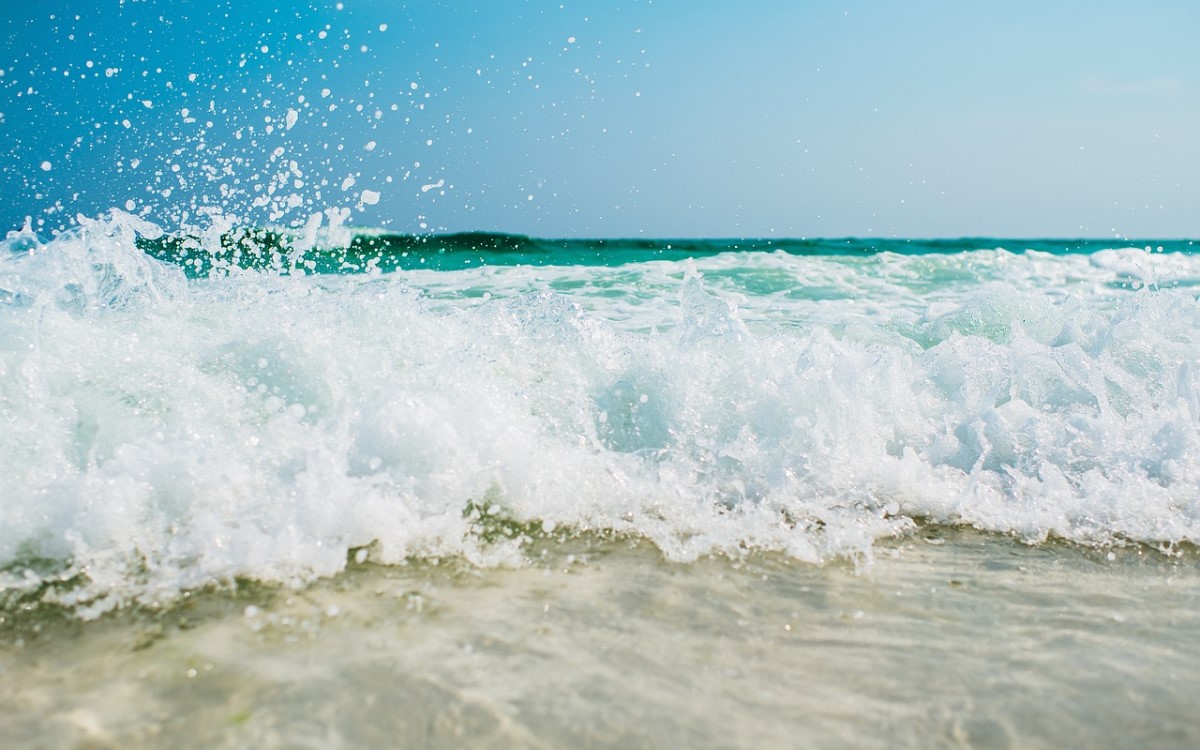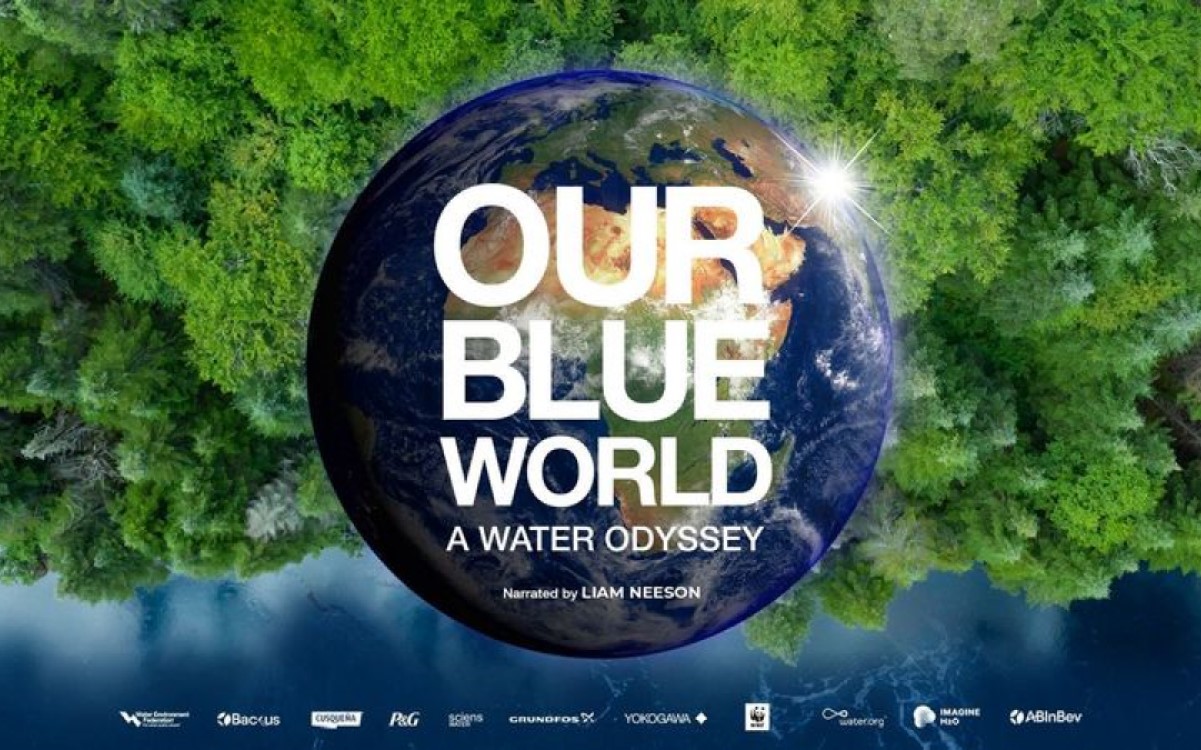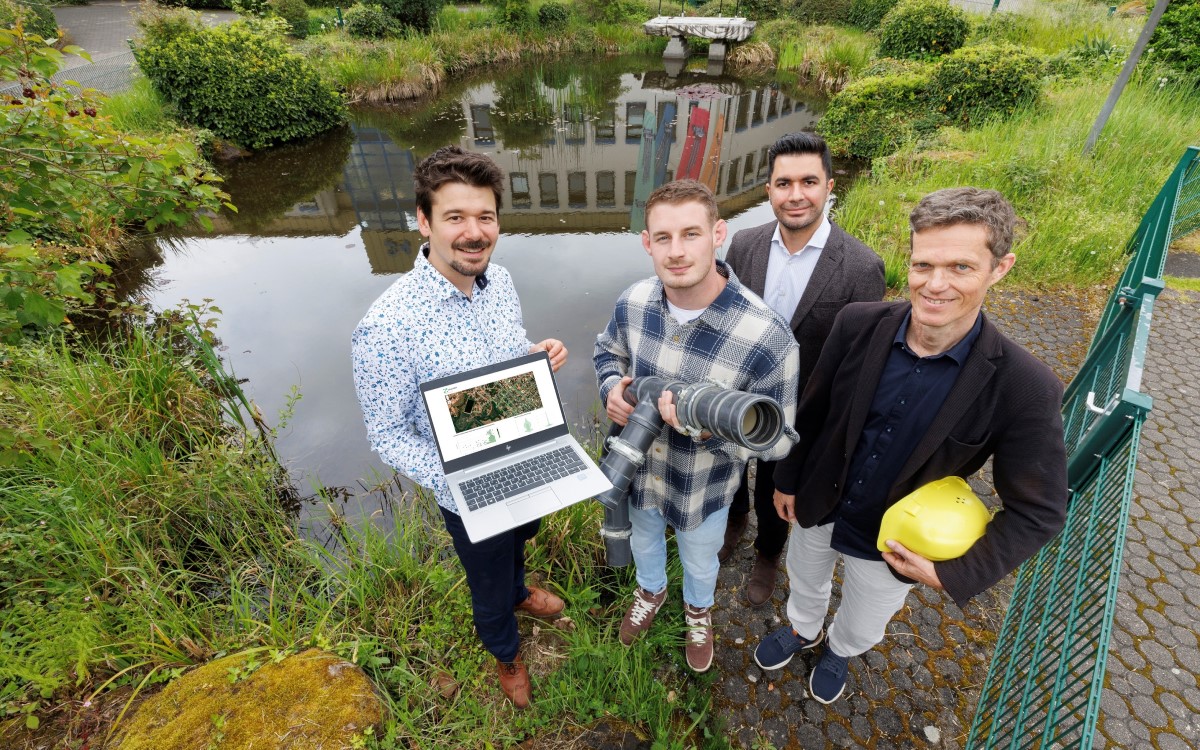12. December 2023 ǀ The need for better management of water resources is now clear to everyone, which means we need to consume less and consume better. With this in mind, digital technologies and artificial intelligence are playing an increasingly important role at all stages of the water value chain.
As reported by the website Pollutec, recent events continue to highlight the fact that the water sector is facing four major challenges: reducing consumption and increasing water efficiency; managing leaks and faults in the network; recycling wastewater and managing flood risk.
The importance of water management
Last September, Water Europe (WE) unveiled its Manifesto calling on the EU to make water a top priority in 2024, in particular by adopting an ambitious Water-Smart Strategy. In it, the WE Association – which champions innovation within the water sector – reaffirms how everyday business activities and current major developments (semi-conductors, batteries, hydrogen, production of strategic materials, etc.) rely heavily on water. It also points out that the World Resources Institute predicts a global 56% gap between water supply and demand by 2030. Water Europe calls for the appointment of a European Commissioner focused solely on a holistic approach to addressing the issues facing the water sector (energy production, agriculture, industry, domestic use).
The water Europe manifesto’s recommendations
The WE Manifesto urges the continued water supply for all uses, the development of economically and environmentally viable infrastructure without compromising future needs, and the introduction of resilient systems to combat droughts, floods and other potentially extreme phenomena. For the authors of the Manifesto, implementing real water-smart management of the resource is a key factor in maintaining European competitiveness.
France’s water plan
Launched in France at the end of March, the Water Plan comprises 53 measures designed to optimise water availability, preserve water quality, restore healthy, functional ecosystems and encourage water frugality. Among other goals, it aims to reduce water consumption by at least 10% by 2030. An initial report shows that 34 measures have been set in motion and 12 have been completed in the six months since its launch. For example, the “INNOV EAU” call for projects was launched in July as part of the France Water 2030 initiative. The envisaged projects target 4 areas, one of which focuses specifically on developing digital technology and data to support water resource management(1).
The role of digital and AI solutions in water management
The water sector has already seen significant progress, with innovative solutions including pumps and valves, monitoring tools, meters and data usage to address the myriad challenges. For example, Pollutec saw Maddalena Spa showcase an electronic volumetric meter with integrated multi-protocol radio, designed to reduce water consumption and boost water efficiency. Tecofi has launched a smart valve that can monitor wear and tear, so anticipating the requirement for maintenance. The start-up Thrasos unveiled a platform to optimise industrial cleaning (CIP – Clean in Place). Aquassay has been devising connected solutions to reduce industrial consumption since 2015 (agrifood, chemicals, surface treatment, materials, etc.), and is now branching out to help local authorities reduce their region’s water footprint. The project with Eau du Bassin Caennais is a recent example.
Finally, it’s worth noting that the field of instrumentation in the water sector is also experiencing a surge of innovation. Spectralys, for instance, has developed a solution for online, real-time analysis. Andritz AG has introduced an optical measurement system that can detect







